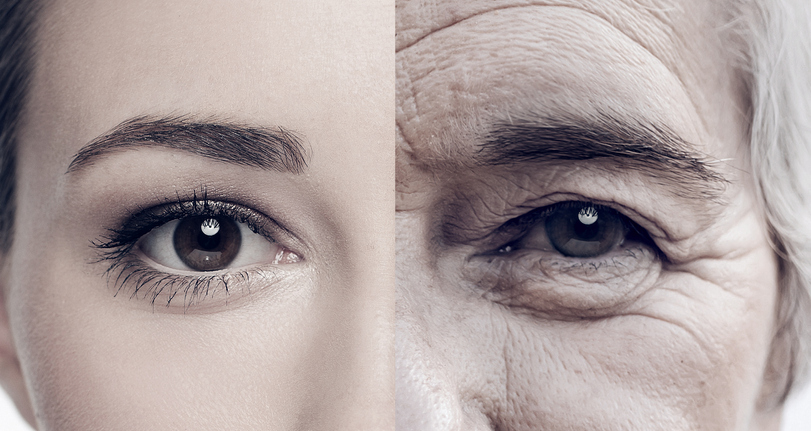Getting older is pretty much a fact of life. And while many of us dread the aging process, we should consider ourselves lucky to be alive into our 60s, 70s, and beyond — especially since so many people aren’t fortunate enough to be able to do so. That being said, as we age, our bodies start to deteriorate in ways that can reduce our quality of life. From aches and pains to loss of hearing, vision, and mental acuity, it’s hard not to be as we once were. However, a promising new study suggests that we can reverse biological aging. Could it really be possible?
First, some clarity. This study focuses on biological age, a factor that doesn’t necessarily match our physical age. Instead, it measures the health of our tissues, cells, and organs. These things can be affected by everything from the environment in which we live, the lifestyles we lead, and diseases or other illnesses we might be battling. For instance, a person might be 75 years old but have a biological age of 65 if they’re particularly lucky (and health-conscious). Get it? Got it? Good.
Researchers from Brigham and Women’s Hospital have found pretty significant evidence that it’s possible to reverse biological aging caused by stress once that stress is removed. They published their findings in the journal Cell Metabolism, and they’re so promising that it could have a major effect on developing anti-aging drugs in the future.
The medical community believed for a long time that biological age would increase with physical age and there was nothing to do to stop it. However, the study’s lead author, Jesse Poganik, Ph.D., of Brigham’s Division of Genetics, thinks that things aren’t that simple. In fact, he and his team believe that intense stress has a major effect on biological age but that if we could rid ourselves of that element, biological aging could improve or even be reversed. Turns out, that hypothesis appears to be correct.
To test this out, they used “biological clocks” to figure out participants’ tissue and cellular health by checking DNA methylation levels. Those levels imply an increased risk of death and are regularly used in research related to getting older. Participants who were under severe physiological stress had a way higher biological age, but when those stress factors were removed, biological age went back down within a week.
It’s important to be clear here that when we’re talking about physiological stress, we’re not talking about feeling anxious about a work deadline or stressing about how you’re going to pay your bills (though psychological stress is also harmful, that’s another topic). Instead, we mean physiological stress such as needing a hip replacement or even being pregnant. Once those concerns were addressed and removed, the biological aging process was reversed.
The implication here is that if we can treat stressors on the body to reduce or remove them, we can therefore slow the signs of biological aging. This, combined with other health-promoting measures such as eating a healthy diet, doing regular exercise, avoiding alcohol and tobacco, and regularly getting checkups with your doctor, can all help us stay alive and well for longer.

